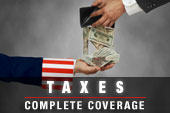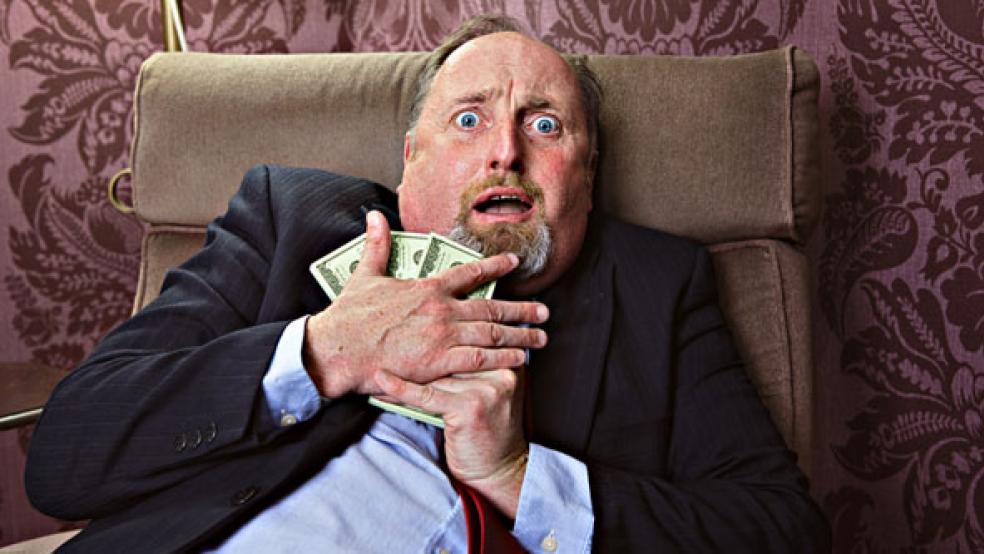The polling firm Gallup just released evidence that the fiscal cliff is putting a real dent in the economy: Daily spending by upper-income households has plunged by 38 percent over the past four weeks.

“There is no better illustration of the real world impact of current policy debates than the way self-reported upper-income consumer spending has plummeted during recent weeks,” Gallup chief economist Dennis Jacobe explained in a Monday afternoon blog post.
A typical household earning more than $90,000 a year was spending $132 a day in the week leading up to Halloween, Gallup found in its rolling survey of consumer expenditures. The figure plunged steadily to $82 by the middle of November as talks to address the automatic tax hikes and spending cuts in the fiscal cliff took over the Washington spotlight.
That same degree of pullback isn’t seen among average U.S. households. Their spending continues to be $68 a day, down from a recent high of $86 but well within the band of the past three months.
Jacobe ventures that some of the hesitancy by wealthier households may stem from taxes. President Obama’s re-election locked in the likelihood of the lower tax rates first introduced by George W. Bush expiring for families earning more than $250,000 a year.
While many of the households contained in Gallup’s upper-income bracket would be unaffected, the sudden drop-off in spending speaks to recognition of what awaits.
“While many upper-income Americans may not know a lot about the fiscal cliff, it is hard for them to ignore at least one general post-election consensus: federal income taxes on those with higher incomes are going to increase in the year ahead,” Jacobe wrote. “For all upper-income Americans, this means less after-tax take home pay and, very likely, the deferral of major purchases.”




